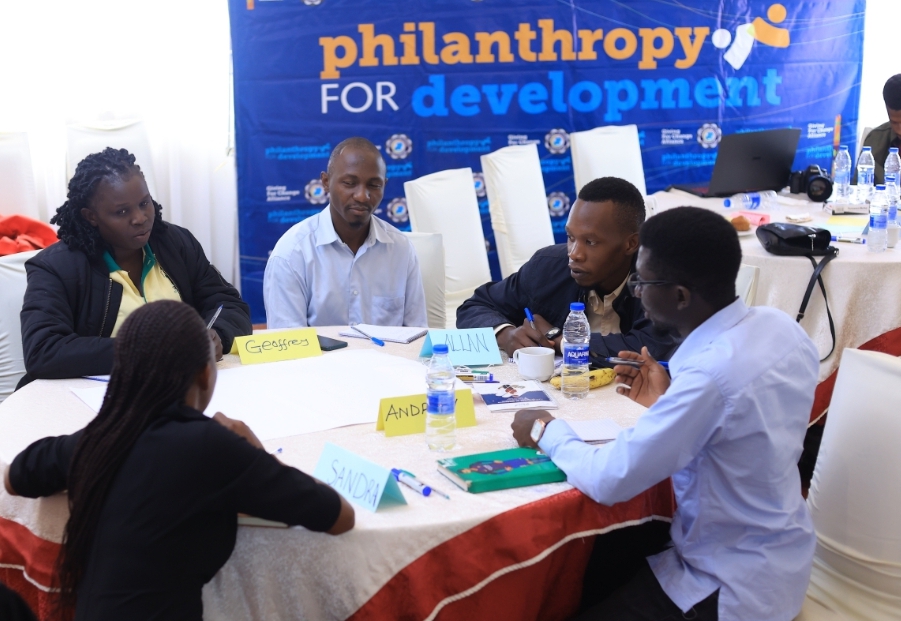
Community Empowerment: The Future of Locally Led Development
Locally led development is the process in which local actors – encompassing individuals, communities, networks, organizations, private entities, and governments – set their own agendas, develop solutions, and bring the capacity, leadership, and resources to make those solutions a reality.
USAID
At the Uganda National NGO Forum (UNNGOF), we believe in the transformative power of locally led development. This approach is founded on the principle that the most effective and lasting development solutions come from within the communities themselves. Locally led development empowers communities to take control of their own destinies. It recognizes that those who live and work in these communities have the deepest understanding of their unique challenges and opportunities. This knowledge enables them to design and implement development initiatives that are tailored to their specific circumstances, leading to more effective and enduring results.
Locally led development fosters sustainability by building on existing local capacities and resources. When communities are actively involved in the development process, they are more likely to take ownership of projects and commit to their long-term success. This reduces dependency on external aid and ensures that the benefits of development projects are maintained well into the future. Cultural relevance is another critical aspect of locally led development. Development initiatives that are designed with a deep understanding of local customs, traditions, and social dynamics are more likely to be accepted and supported by the community. This cultural sensitivity helps to avoid potential conflicts and enhances the overall effectiveness of the interventions.
Inclusivity is at the heart of our approach to development. We strive to ensure that all community members, especially marginalized and vulnerable groups, have a voice in the development process. By promoting inclusive decision-making, we can address the diverse needs of the entire community and create more equitable and just development outcomes.
How UNNGOF Supports This Vision
UNNGOF actively promotes policies that support locally led development. By engaging with government bodies, international donors, and other stakeholders, we advocate for funding mechanisms and development policies that prioritize local actors and their insights. Through targeted training programs, workshops, and resource sharing, UNNGOF strengthens the capacities of local NGOs and community-based organizations. This support enables these organizations to effectively design, implement, and manage development projects, fostering a more empowered civil society. Additionally, UNNGOF facilitates networking and collaboration among local NGOs, creating platforms for sharing best practices, lessons learned, and innovative approaches to development. This collaborative approach amplifies the impact of development initiatives by leveraging collective knowledge and experience. Involving community members in monitoring and evaluation processes ensures that projects are accurately assessed and adjusted to better meet local needs. This participatory approach not only improves project outcomes but also builds local capacity for ongoing evaluation and learning.
Why It Matters
Locally led development is a commitment to recognizing and harnessing the power of local communities. Across Uganda, numerous success stories highlight the impact of this approach. From community-driven agricultural projects that improve food security to locally managed health initiatives that enhance access to essential services, these examples demonstrate the transformative power of local leadership.
By continuing to support and empower local actors, we can achieve more resilient and thriving communities across Uganda. Locally led development ensures that development efforts are sustainable, inclusive, and truly beneficial to the people they aim to serve. At UNNGOF, we remain dedicated to championing this approach and promoting a future where communities are empowered to drive their own development.



